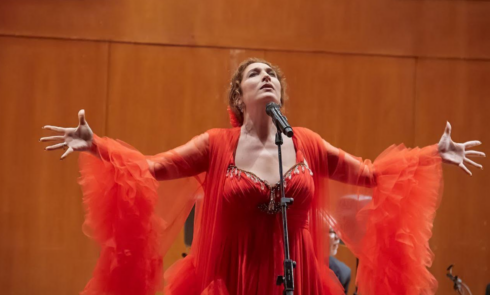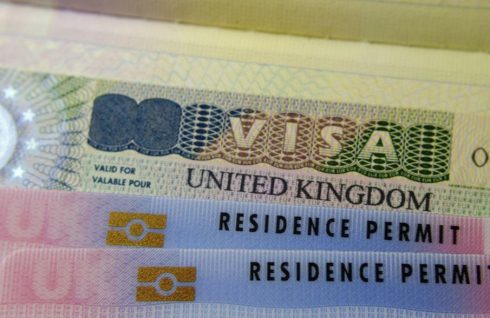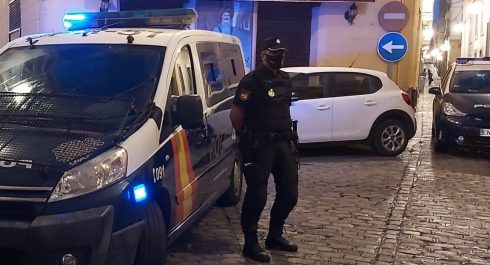THE arrest and imprisonment of Catalan rapper Pablo Hasel after police broke through a barricade inside Lleida university on Tuesday (as reported by The Olive Press) has triggered two consecutive nights of violent protests in the streets of major cities throughout Spain.
Tuesday night saw burning rubbish containers, motorbikes and cars, smashed shop windows and damaged public property in Lleida itself, Barcelona, Girona and Vic.
Police charges and the response on behalf of protesters left 33 people injured including officers and demonstrators, plus 15 rioters aged between 17 and 25 years old arrested.
A 19-year-old girl has lost an eye after being hit, presumably by a foam bullet fired by riot police, during a stand-off in Barcelona.
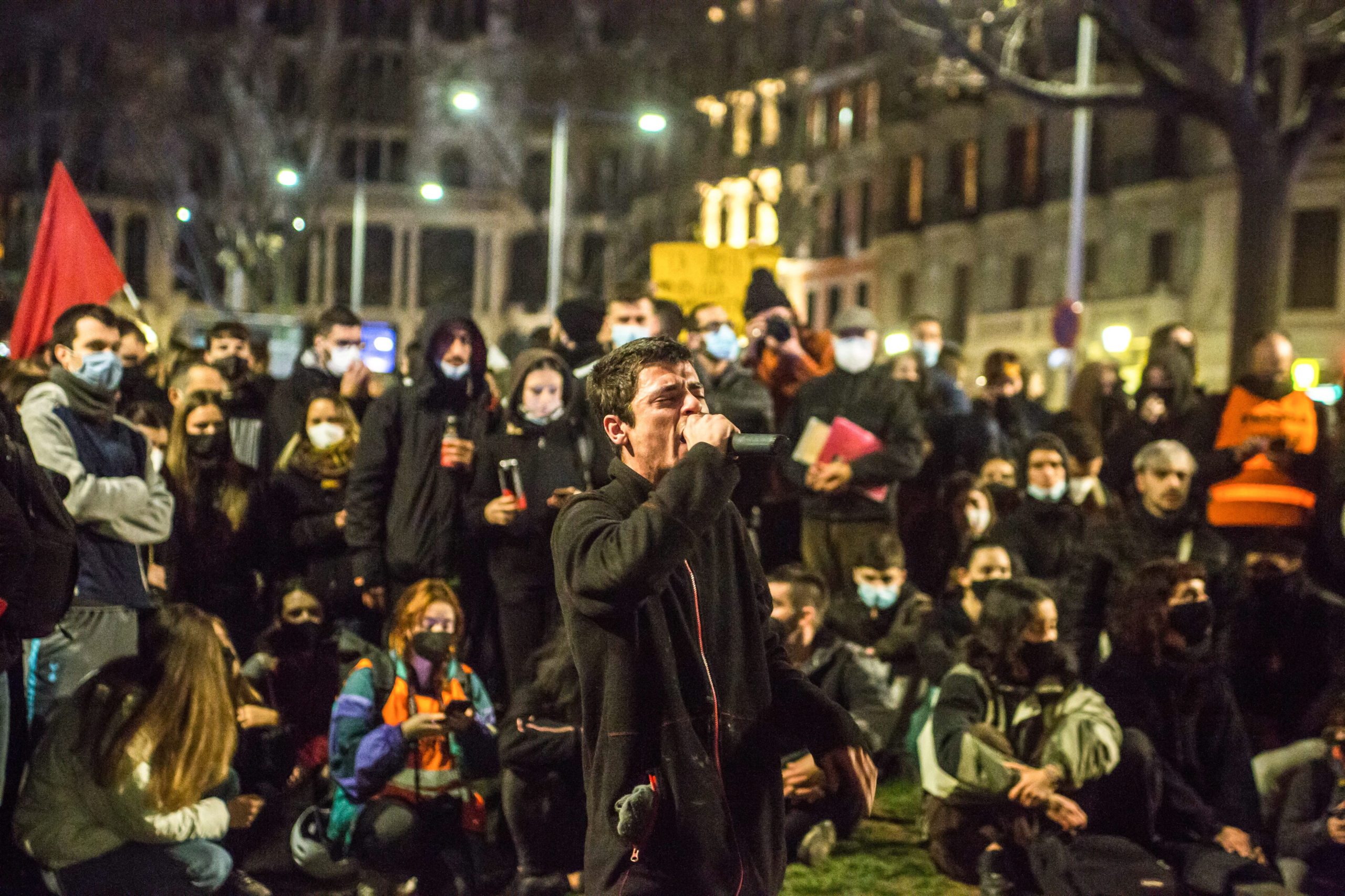
Similar injuries were reported following the protests against the jailing of the Catalan pro-independence political leaders in October 2019, sparking an ongoing debate about the riot control methods used by security forces.
In fact, the overall similarities between both incidents are leading many analysts to suggest that, as was the case in October two years ago, most of those involved in the destruction of property this week are not pro-Hasel demonstrators at all, but simply frustrated young rioters going along for the thrill of it.

Outside Catalunya, mirror protests behind the banner ‘Free Hasel’ written in Spanish and English were held in Valencia and Madrid – all ending in clashes between demonstrators and police.
Protests continued last night (Wednesday February 17) with 2,200 people marching in the Catalan capital and 29 arrests made in Barcelona, Girona and Lleida – where 1,000 people gathered outside Ponent prison, where Pablo Hasel is being kept in custody.
Burning barricades and general destruction were seen once again, in most cases after the official demonstrations had ended.

Madrid witnessed fiercer clashes the second time round. Hundreds of people marched peacefully from the Puerta del Sol until riot police blocked their way, to which a group of protesters replied by throwing large stones, bottles, rubbish bins and other objects at the officers.
This in turn led to multiple police charges that resulted in seven people injured to varying degrees and 19 arrests.
Meanwhile, the issue is sending shockwaves through the Spanish political system.
Members of parliament on Wednesday played songs by Hasel from the speaker’s podium in protest, while co-governing party Podemos called for an urgent pardon to set Hasel free and insisted on the need for a change to the Penal Code to eliminate penalties against free speech.

The opposition PP, Cs and Vox countered by blaming Podemos for ‘encouraging the riots’ and described the protesters as ‘vandals’.
Pablo Hasel has been sentenced to more than two years in prison, after his initial sentence of nine months was extended due to his refusal to pay several fines handed down by the judge.
This is the first time since the restoration of democracy in 1977 that an artist has gone to prison for his song lyrics and, in this case, Twitter messages, which the court believes constitute offences against the Spanish monarchy and State institutions.
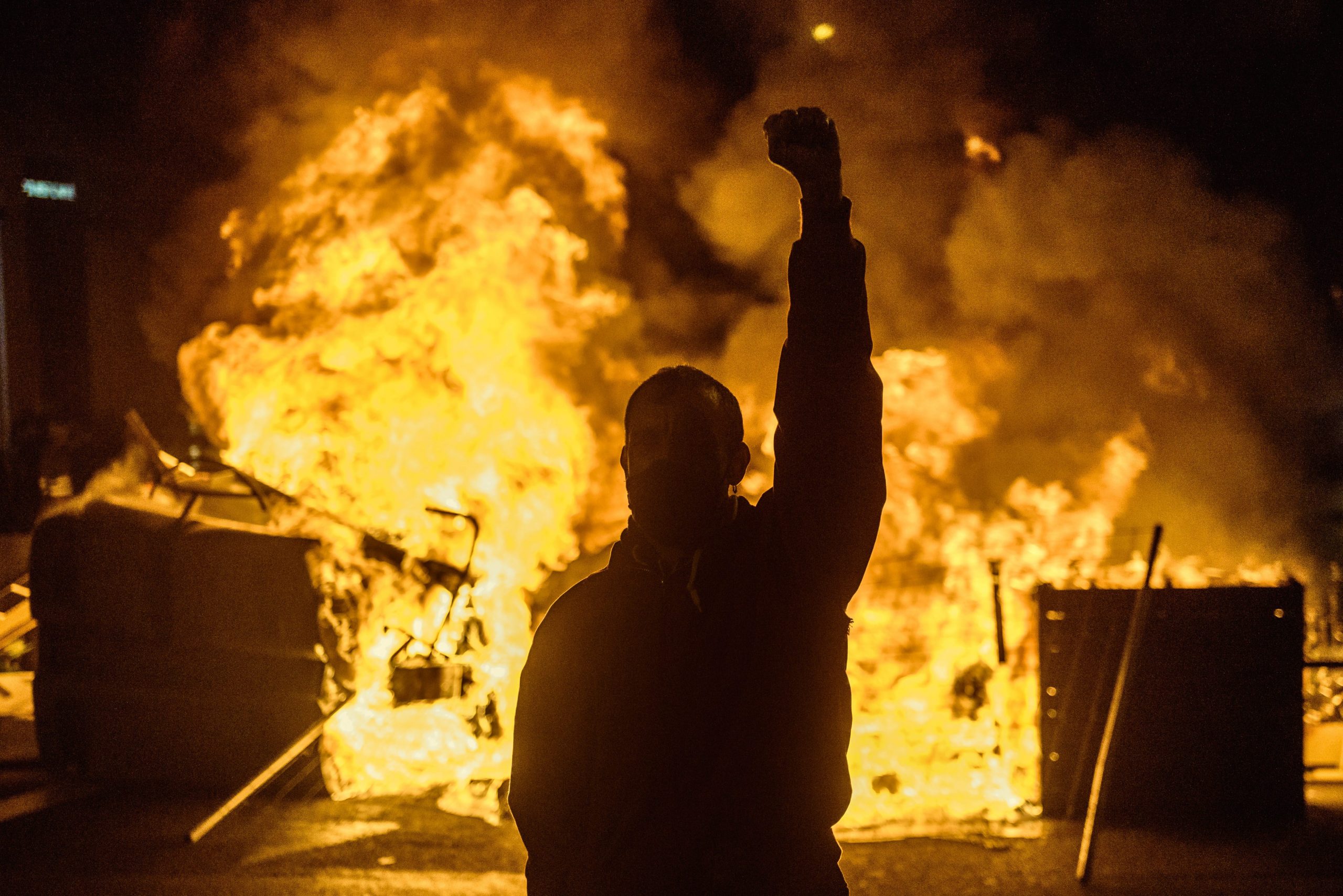
The story of Hasel’s arrest has been carried by major news outlets throughout Europe, including The Guardian and the BBC, France’s Le Monde, Italy’s Globalista and the Neue Zürcher Zeitung in Germany.
Human rights’ organisation Amnesty International have expressed their ‘utmost indignation at the terrible news’ that an artist should go to prison as a result of ‘exercising his right to free speech’.
Click here to read more Spain News from The Olive Press.


